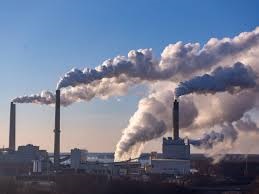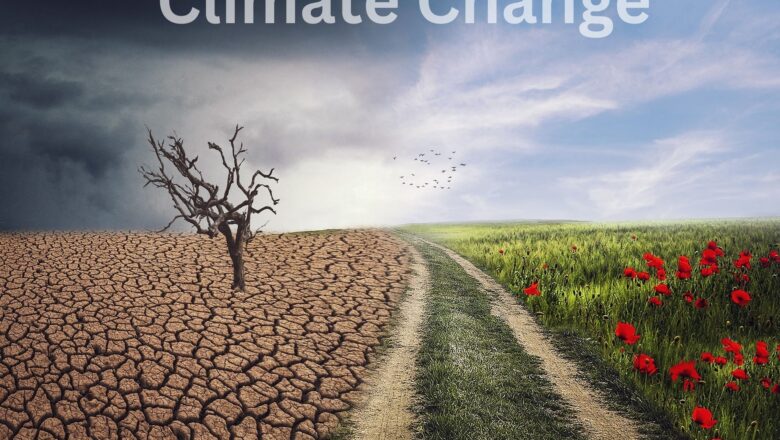
Karnataka Governor Urges Collective Action on Sustainability at Bengaluru Summit
At the Bangalore Sustainability Summit held on Tuesday, Karnataka Governor Thaawarchand Gehlot called for urgent and unified efforts to protect the environment, stressing that the time for action is now. Speaking at the event themed “Advancing Sustainable Development Goals: Enhancing the Impact of Multi-Stakeholder Partnerships,” jointly organised by O.P. Jindal Global University and RV University, the Governor urged a lifestyle rooted in simplicity, nature, and reverence for forests.
“We must awaken a renewed consciousness—rooted in love and respect for nature,” Gehlot said, highlighting the dangers posed by rising pollution and depleting natural resources. He noted that recent challenges, such as the oxygen crisis, have only underscored the pressing need for environmental preservation...









